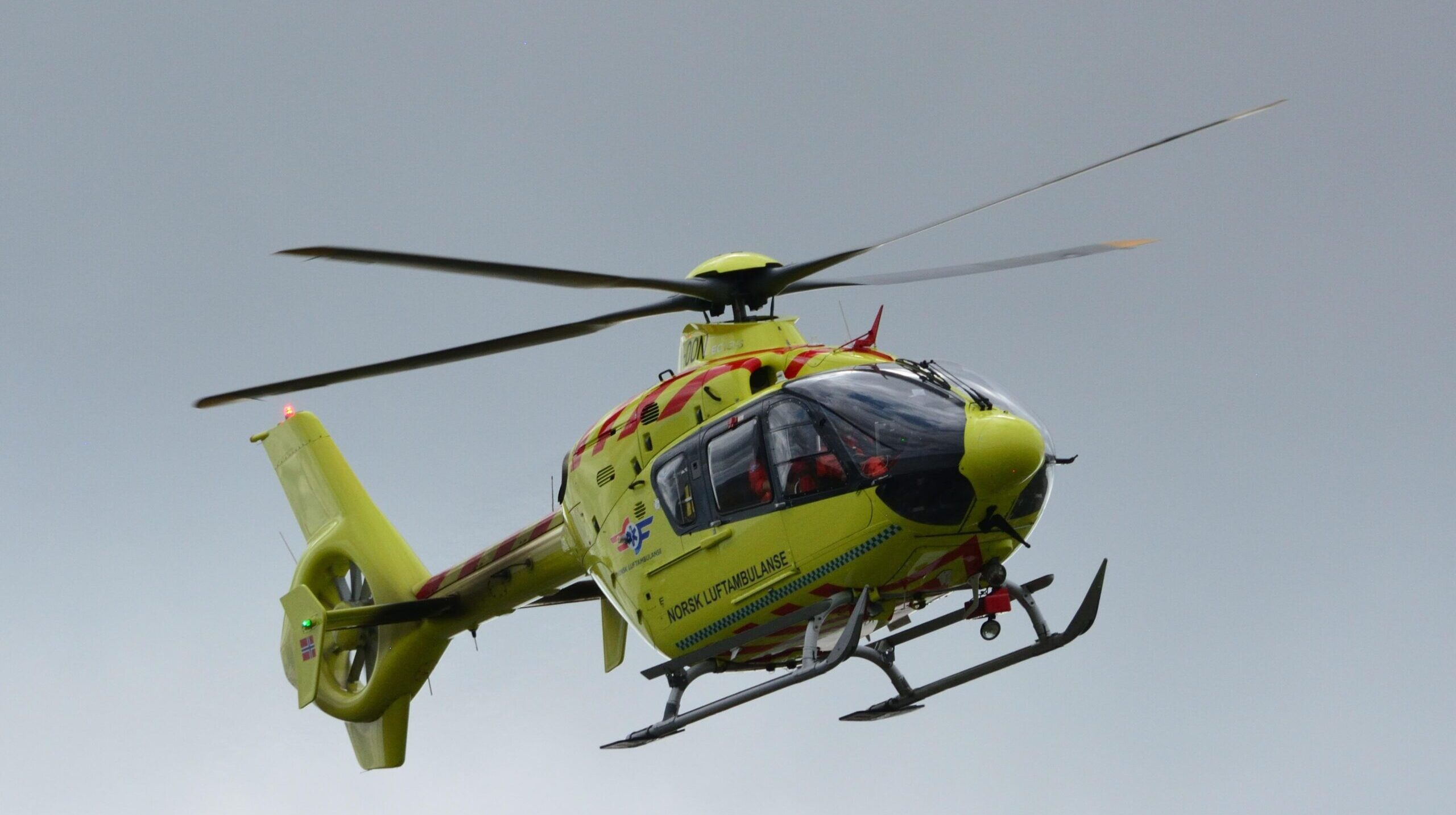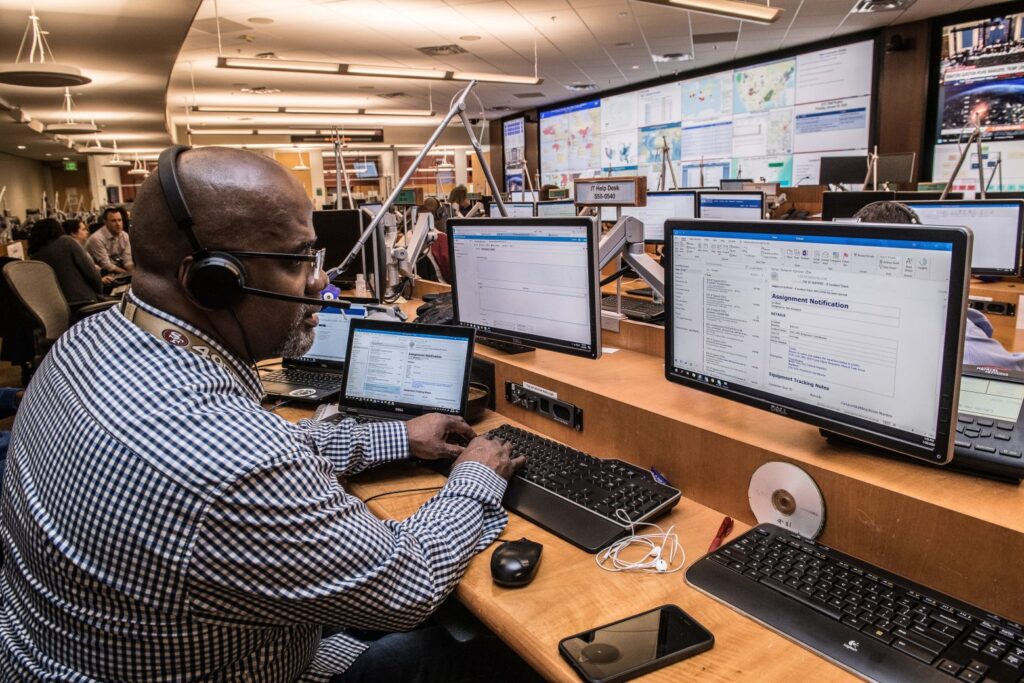Top Five Ways Technology Can Help Disaster Medicine

The World Health Organization defines a disaster as an event that causes damage to infrastructure, loss of human life, suffering, or deterioration of health on a large scale. The National Oceanic and Atmospheric Administration said that 2017 was the most expensive year for disasters in the United States: $306 billion. These events, along with many others, influenced the creation of disaster medicine:
- 1993: World Trade Center bombing
- 1995: Oklahoma City bombing
- 2001: the September 11 attacks;
- 2005: Hurricane Katrina 2005;
- 2013: Boston Marathon Bombing
The rise of terrorism has caused the emergency medicine specialty to adapt. In 1976, the American College of Emergency Physicians released a statement explaining what the role of emergency physicians should be during a disaster.
What is Disaster Medicine?
It’s difficult to know exactly when disaster medicine became a formalized study area. It developed in response to the need for a better way to manage the health and human issues that arise during and after disasters. The first textbook for disaster medicine training was written in 1990. Since then, the way that disaster response is taught has slowly changed to be more formal, so that different organizations can work together more easily, and there is more agreement about what should be taught.
What Does a Disaster Medicine Specialist Do?
The area of medicine devoted to disasters is a rapidly growing opportunity for emergency physicians. In the 1980s, the slowly escalating presence of disaster needs caught the attention of various domains and specialties. Disaster medicine emerged as a combination of acute care medicine, public health, and emergency management (formerly known as disaster management). This resulted in a specialty incorporating principles from different disciplines, including emergency medicine and its associated acute care specialties, public health, emergency management, and humanitarian services.

What Technology Helps Disaster Medicine?
On top of that, emergency management departments across the United States are using data and technology more and more to help them improve.

- Communication: Every year, there are 240 million calls made to 911 in the United States, and at least 80 percent of those calls come from people using cell phones. However, a lot of emergency management systems are still using old systems that only work for landline phones. This means people who need help can’t easily share their location or send pictures and videos to responders. This makes it more expensive and difficult to communicate during an emergency and coordinate resources.
- Detecting danger: With AI technology on the rise, cities can use this technology to help quickly identify patterns or anomalies within data sets that could lead to an outbreak or other type of public health crisis. By using AI software that can interpret large amounts of data from disparate sources like social media posts or sensor networks installed in critical infrastructures like water treatment facilities or traffic systems, cities can better anticipate events that could trigger an epidemic or otherwise impact public safety.
- Finding places for patients in hospitals in case of a crisis. When the crisis starts, there should be a solution for bringing patients into hospitals and providing emergency care. We also worked on this with a client: the challenge was creating an app for the distribution of patients to hospitals in case of a crisis that would suit as many hospitals as possible. This solution turned out so vital, that it is expected to spread all over the U.S.
- Healthcare asset management. If a hospital does not have asset management in a digital form, it could lead to serious problems. Therefore, hospitals must ensure they are prepared for these types of emergencies. If needed, learn more about healthcare asset management. In disaster medicine, healthcare asset management could help with several questions:
- How will the hospital get the drugs and other supplies that it will need during and after an emergency, including any supplies that the hospital may store, its affiliates, or by local, state, or federal resources?
- How will the hospital get the medical supplies and equipment needed during and after an emergency, including personal protective equipment?
- How will the hospital get the extra supplies it will need during an emergency, and how will it restock after the emergency is over?
- How will the hospital share resources and assets with other healthcare organizations within/outside the community?
- How the hospital monitors quantities of its resources and assets during an emergency?
- What the hospital is planning to do if the area where they are working gets too dangerous for them to continue?
- In case of a hospital disaster, how the patient’s records are transferred to another hospital in case of an emergency?
- Emergency inside a hospital. Emergency departments are usually prepared for things outside the hospital, like natural disasters, mass casualty incidents, and terrorist attacks. However, some crises and disasters start inside the hospital, and these seem to happen more often. Emergency departments are often affected by these internal hospital crises and disasters (IHCDs – Infectious Disease Outbreaks, Climate-Related Emergencies, Terrorism, and Cyberattacks), which can be dangerous for patients, staff, and visitors, and can damage the hospital’s reputation. Additionally, emergency department patient safety and logistics may be seriously hindered during an IHCD.
So What’s Next?
Making sure that your organization is implementing all possible ways to keep the staff and patients safe is the best way to be ready for any emergency that can occur and prevent unnecessary suffering while knowing how to recover after a crisis. If you need advice on the technologies behind disaster medicine, reach out to us today for a consultation.
